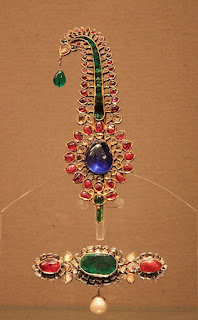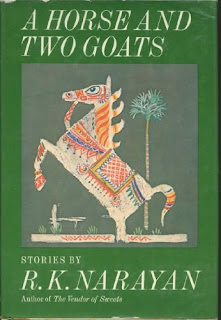Henry James at the Wikipedia
The Necklace, by Guy de Maupassant
Paste: audio presentation and audiobook
Henry James, by Carme Sanz
BIOGRAPHY
Henry James was born in New York City on April 15, 1843, into an affluent and socially prominent family. His father, Henry James, Sr., moved among a wide circle of intellectual leaders of the time and exposed his children to the cultural advantages of New England and, more especially, Europe; before he reached his eighteenth birthday, the younger James had lived abroad for extended periods on three separate occasions.
In 1861, he suffered an "obscure hurt", an injury to his spine that kept James from service in the Civil War; for reasons perhaps related to this injury, James never married. At the age of thirty-three, he took up residence in Europe, living first for a year in Paris and then permanently in England. He became a British subject in 1915, a year before his death.
In 1869, at the age of twenty-six, he travelled for the second time to Europe, entered the mainstream of London intellectual life, and formed friendships with leading literary figures of the time. He returned to America in 1870, went abroad again in 1872 for two more years, spent the winter of 1874-75 in New York, and finally left America in 1875, this time for good. In Europe, James could best deal with his dominant theme: the illumination of the present by "the sense of the past," the American present illuminated by the sense of the European past.
Among his most famous books we can find: The Europeans, Daisy Miller, The Portrait of a Lady or The Bostonians.
PASTE
After the death of her aunt, the protagonist Charlotte and her cousin, her aunt’s stepson Arthur Prime, find a tin of imitation jewellery which includes a string of pearls. Charlotte is immediately fascinated with the pearls, and wonders if they could be a gift from when her aunt was an actress. Arthur disputes this and feels insulted at the thought of some gentleman other than his father giving his stepmother such a gift. Charlotte quickly apologizes and agrees that the pearls could be nothing more than paste. With Arthur’s enthusiastic approval, she keeps the jewellery in memory of her aunt.
When Charlotte returns to her governess job, her friend, Mrs. Guy, asks her if she has anything to add colour to her dress for an upcoming party. When Charlotte shows Mrs Guy the jewellery, she too becomes fascinated with the string of pearls, insisting that they are genuine. Mrs Guy wears the string to the party; and when Charlotte finds out that everyone believed that they were real, she insists that they must be returned to her cousin. Mrs Guy claims that it was Arthur's foolishness to have given away the necklace, and that Charlotte should feel no guilt in keeping it.
However, Charlotte decides to return the pearls to her cousin, who still refuses to consider the pearls real. A month later, Mrs Guy shows her a wonderful string of pearls, telling Charlotte that they are the same ones that Charlotte had inherited from her aunt. Charlotte is surprised because Arthur claimed he had shattered them, when in fact he had sold them to the store where Mrs Guy bought them.
QUESTIONS
What is the meaning of the title?
Talk about the characters:
Arthur Prime
His father (Mr Prime)
His stepmother (Mrs Prime, née Miss Bradshaw)
Charlotte
Mrs Guy
Who can be “Mrs Jarvey”?
What’s Ivanhoe, and who was Rowena?
The necklace comes alive when Mrs Guy wears it. Do you think people can give life to things? What is your opinion of “influencers”?
The necklace was “a present from an admirer capable of going such lengths”. What is the meaning of this sentence? What does it imply?
Can you imagine how Mrs Prime got the necklace? Did she have an affair?
What do you know about the Victorian morals / puritanism?
Mrs Guy without the necklace “looked naked and plain”. To what extent do you think the way we dress make us plainer or more attractive?
According to Mrs Guy, those peals were “things of love”, “they had the white glow of it”. How can things get a soul for you / for everybody?
What is the end of the story: Mrs Guy bought the necklace in Bond Street, or she got it from Arthur? Why? How?
VOCABULARY
penwiper, pinchbeck, odds and ends, swelled, flaxen, filberts, pert, interment,
counted on to spice, wire, tableaux vivants, muster, garish, trappings, "rum",
give her away, revels, screw down, sickly





